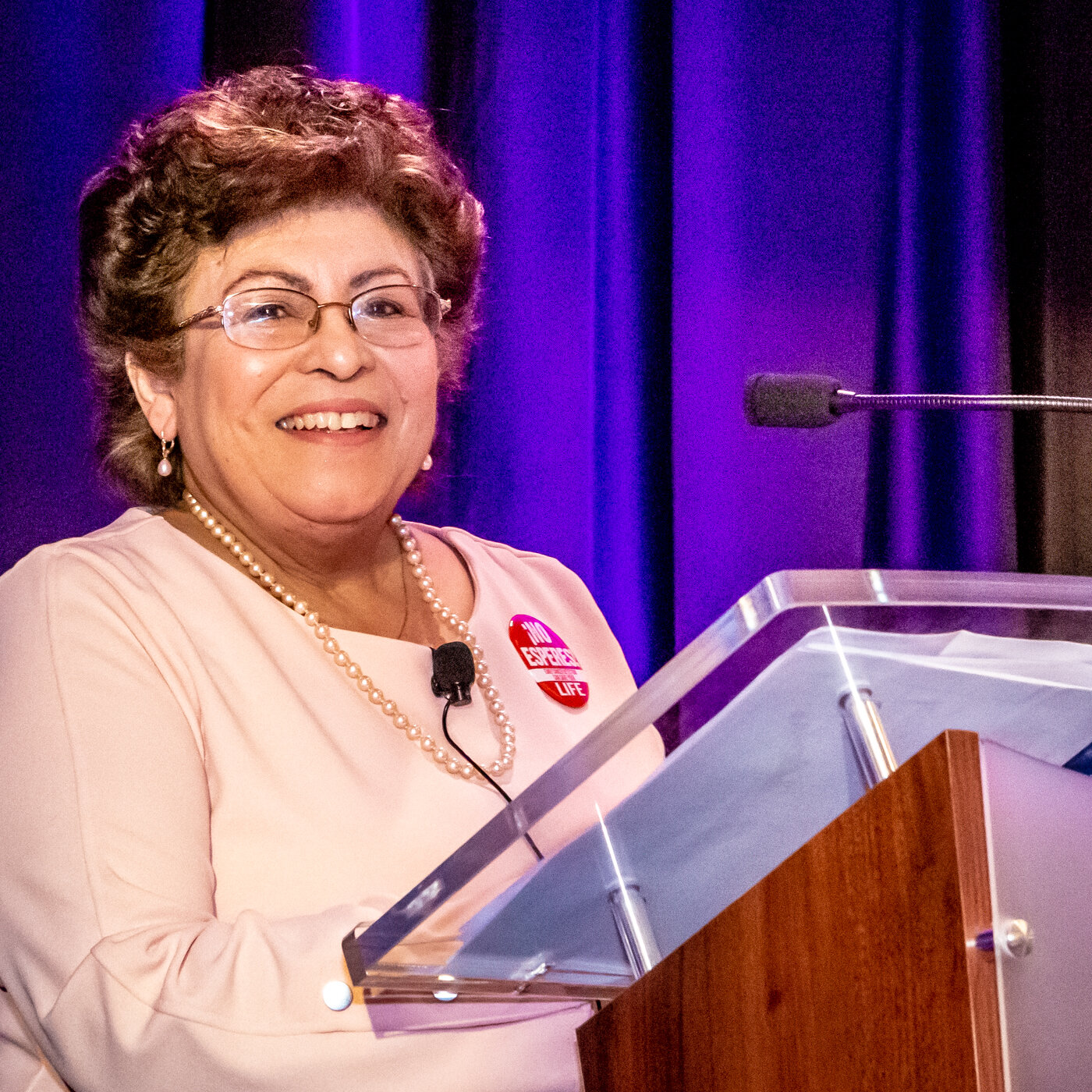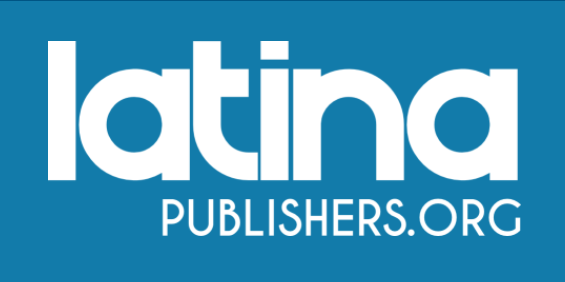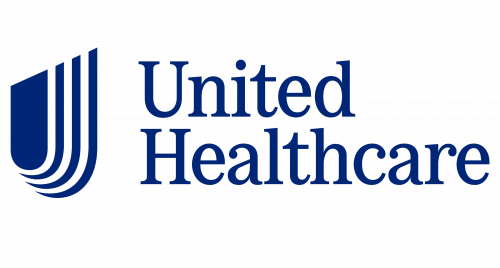
As a thought leader, Dr. Elena Rios has focused on health reform, climate change, social determinants of health, access to culturally appropriate health care, diversity in the health care workforce, and leadership development.
“Welcome I hope that you find inspiration about health equity and building a future where all in our society can enjoy quality lifestyles.” ~Elena Rios
•
“Welcome I hope that you find inspiration about health equity and building a future where all in our society can enjoy quality lifestyles.” ~Elena Rios •
-
The COVID-19 pandemic has demonstrated America's underlying social fabric varies from high-resourced to low-resourced neighborhoods. We need to understand better how to target education and outreach to the most vulnerable communities to shape the future healthcare system.
The future of healthcare includes a new emphasis on personal health and wellbeing. We need health insurance that provides for a public option, treatment, affordable medications, better use of technology and data about the person and social determinants of health, and respect for all to share in educational programs for nutrition, cooking, and healthy lifestyles
-
Mental health includes our emotional, psychological, and social well-being. It affects how we think, feel, and act. It also helps determine how we handle stress, relate to others, and make healthy choices. Mental health conditions include mental disorders, psychosocial disabilities, and other mental states associated with significant distress, impairment in functioning, or risk of self-harm.
Throughout our lives, multiple individuals and social and structural determinants may combine to protect or undermine our mental health and shift our position on the mental health continuum.
Individual psychological and biological factors such as emotional skills, substance use, and genetics can make people more vulnerable to mental health problems.
Exposure to social determinants of health, including poverty, poor housing, violence, citizenship status, English proficiency, food insecurity, and lack of transportation – also increases people’s risk of experiencing mental health conditions. Those determinants that occur predominantly in early childhood are particularly detrimental. For example, harsh parenting and physical punishment undermine child health, and bullying is a leading risk factor for mental health conditions.
On the other hand, protective factors strengthen resilience. They include our emotional skills, positive social interactions, and education.
The current focus is on the great impact COVID-19 has had on people's mental health, especially essential workers and the health workforce. More people during the pandemic had to deal with increased illness, caregiving, and medical bills of family and friends. In addition, the loss of staff due to sickness, the shortage of mental health providers, and the increased intensity of patient complications in the hospital became overwhelming. It caused many healthcare workers to have burnout.
-
Our communities need mentoring and role models to build future millennials' healthcare careers. Why? Mentoring allows a person ahead of you to share their lessons learned for academic preparation, professional development, and how to finance your education. Mentors can refer you to important decisions that need to are made to advance yourself and your family.
Latinos and African Americans, and Native Americans were able to take advantage of learning in higher education in the late 1960s, with federal and state scholarships and loans and admissions protocols that highlighted recruitment and retention of diversity in the student body. Those who advanced to professions such as law, medicine, the corporate sector, and public service opened many doors for our generation, and we must do the same for the next. We need to share our experiences and build a future of America that is more inclusive.
-
We now know how important the environment is to our health and the pending climate crisis. The U.S. should work with other countries and focus on developing stricter policies to mitigate carbon emissions and toxic chemicals to enjoy better air and water quality. Policies are needed to target children, especially to live without asthma or neurological development defects that will cause slow learning and development and less functioning cognitive abilities, less ability to learn in school, and become a functional working adult. We must educate people on how to decrease behaviors that harm the environment and protect their families from toxic household and occupational products




































